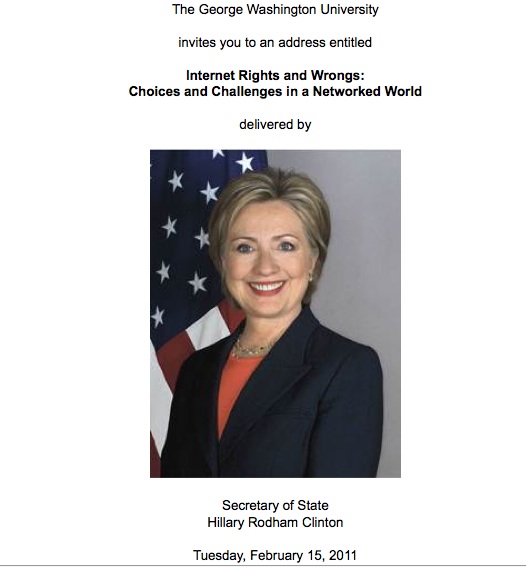Good post by Jillian York.
When Syria’s government unblocked Facebook, YouTube and Blogspot in February, many activists saw the move as an overture to protesters, possibly one offering a semblance of the freedoms won by insurgents in Egypt and Tunisia.
Others saw it as a potential means of surveillance. They were right: Within weeks, reports began to emerge from detained Syrian activists who said that authorities had demanded their Facebook passwords. Others inside the country noted that their friends’ Facebook walls had been compromised and now contained pro-regime sentiment.
On Twitter, Syrian protesters have noted the emergence of pro-regime “spambots”: accounts set up with automated feeds that post benign content, including links to attractive photographs of Syrian landscapes, to the hashtag used by protesters and supporters, presumably to flood it with contradictory information. Activists believe the bots have been created by regime supporters, paid or otherwise.
The potential for authorities to use tools like Twitter and Facebook to track down insurgents is very real. Many demonstrators chose early on not to hide their identities, emboldened by the success of Egypt’s mostly peaceful uprising. When coupled with Facebook’s requirement that users create profiles using their real names, pro-democracy activists are at risk of being unmasked on social networks.


